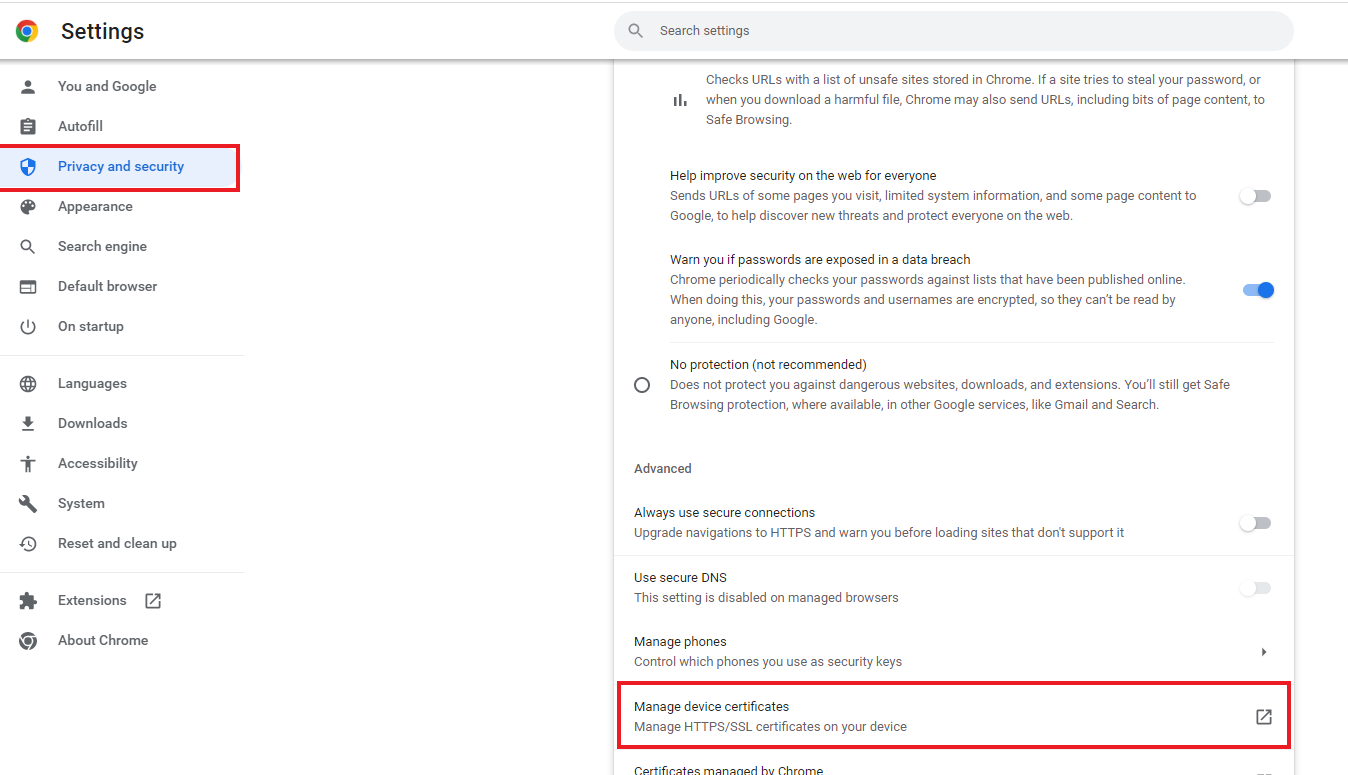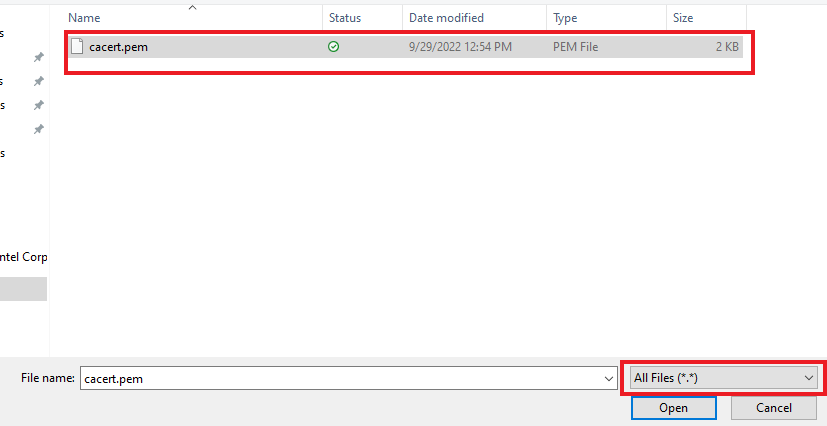Contents¶
Config Manager Agent¶
Config Manager Agent is an EII service, that is responsible for the following:
Puts the EII services configs to the EII config manager data store
Additionally in PROD mode, generates the following:
Required config manager data store keys/certificates to interact with EII config manager data store like etcd and puts in the volume mounts to be shared with other EII services
Required messagebus keys for EII services communication
Creates required provisioning folders with the right permissions needed for other EII services via volume mounts
The following diagram shows a high level flow of ConfigMgrAgent service .
%% name: EII Provisioning
sequenceDiagram
participant User
participant EdgeNode
participant EIIService
Participant ConfigMgrAgent
participant ETCD
User->>EdgeNode: Start container (docker-compose up)
EIIService->>EIIService: Wait for ETCD certificates
ConfigMgrAgent->>ConfigMgrAgent: Generate x509 certificates for ETCD
ConfigMgrAgent->>ETCD: Start ETCD
ConfigMgrAgent->>ETCD: Register services to be able to connect
ConfigMgrAgent->>ETCD: Load default configuration
ConfigMgrAgent->>ETCD: Generate and load ZeroMQ Keys
ConfigMgrAgent->>EIIService: Copy ETCD certificates to the shared volume
Note right of ConfigMgrAgent: Each service has its own certs volume
EIIService->>ETCD: Connect to ETCD with certificate to get configuration
Note
Any EII service
waits/restartsif the config manager data store client key and certificates are yet to be made available for the container. EII Certificates will be re-generated everytime the ConfigMgrAgent service brought up/restarted
Optional: For capturing the data back from Etcd to a JSON file, run the etcd_capture.sh script. This can be achieved using the following command:
docker exec -it ia_configmgr_agent ./scripts/etcd_capture.sh
ETCD UI¶
Etcd web UI is exposed via the ConfigMgrAgent service. It can be accessed with the following steps. Configuration changes are made for respective EII container services.
Open the browser and enter the address: https://$(HOST_IP):7071/etcdkeeper/ (when EII is running in secure mode). In this case, CA cert has to be imported in the browser. For insecure mode i.e. DEV mode, it can be accessed at https://$(HOST_IP):7071/etcdkeeper/.
Click on the version of the title to select the version of ETcd. By default the version is V3. Reopening will remember user’s choice.
Right-click on the tree node to add or delete.
For secure mode, authentication is required. User name and password needs to be entered in the dialogue box.
Username is the ‘root’ and default password is located at ETCDROOT_PASSWORD key under environment section in docker-compose.yml(
[WORK_DIR]/IEdgeInsights/ConfigMgrAgent/docker-compose.yml)This service is accessed from a remote system at address: https://$(HOST_IP):7071 (when EII is running in secure mode). In this case, CA cert has to be imported in the browser. For insecure mode i.e. DEV mode, it is accessed at http://$(HOST_IP):7071

If ETCDROOT_PASSWORD is changed, there must be consolidated docker-compose.yml generated using builder script and EII must to be provisioned again. Run the following commands:
cd [WORKDIR]/IEdgeInsights/build python3 builder.py -f usecases/<usecase.ml> docker-compose up -d ia_configmgr_agent
The ETCD watch capability is enabled for video and timeseries services. It will auto-restart microservices when microservices config/interface changes are done via the EtcdUI interface. Any changes done to these keys are reflected at runtime in EII.
For changes done to any other keys, the EII stack needs to be restarted to be effective. Run the following commands in the working directory, to build or restart EII:
cd [WORKDIR]/IEdgeInsights/build docker-compose down docker-compose up -d
Refer prerequisites for video accelerators and prerequisities for cameras before changing the configuration dynamically through ETcdUI.
Steps to Add Self Signed Certificate as Trusted in local Browser¶
cd
Download Root CA Cert from the EtcdUI

- Import the RootCA certificates as Trusted Root Certificate in browser
For Chrome Browser, Follow the below steps
i. Open Chrome settings, scroll to the bottom, and click **Privacy and security** <br /> ii. Click **Manage devices certificates...** <br />  <br /> iii. Click the **Trusted Root Certification Authorities** tab, then click the **Import...** button. This opens the Certificate Import Wizard. Click **Next** to get to the **File to Import** screen. <br /> iv. Click **Browse...** and under File Type select All Files and select the certificate file you saved earlier, then click **Next**. <br />  <br /> v. Select **Place all certificates in the following store**. The selected store should be **Trusted Root Certification Authorities**. If it isn't, click **Browse...** and select it. Click **Next** and **Finish** <br /> vi. Click **Yes** on the security warning. <br /> vii. Restart Chrome.<br />- Import the RootCA certificates as Trusted Root Certificate in browser